Polestar Design Contest 2021 winners reimagine future living
The Polestar Design Contest 2021 winners present visions of future living – from a home garage and charging hub to a pod-like, tree-hugging nature retreat and a car that cleans air as it goes
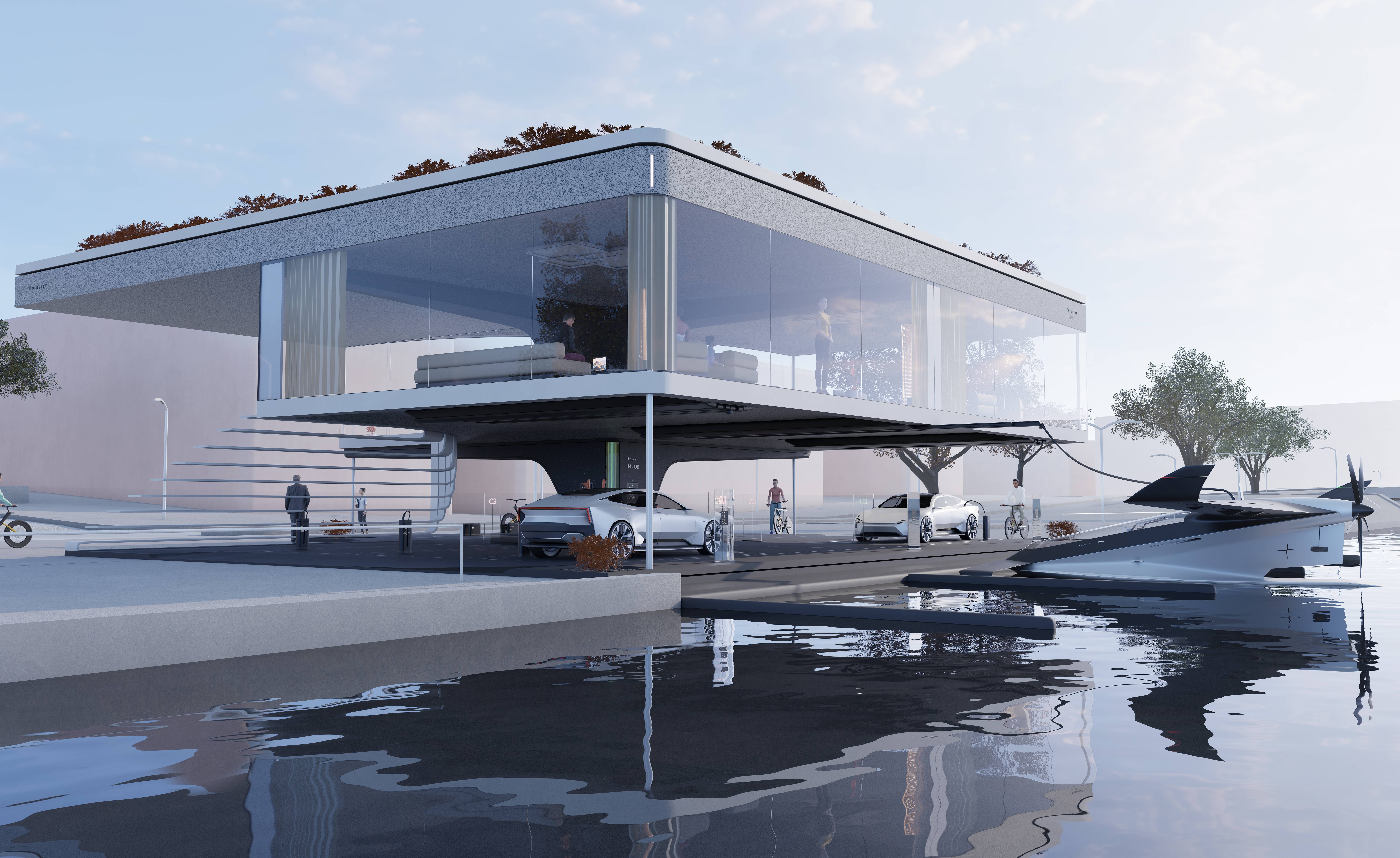
From the outset, Polestar has positioned itself as a different kind of car company. Chinese-owned, Sweden-based and dedicated to design, engineering, and a low-carbon future, the company has championed collaboration (see its e-trike for Wallpaper* Re-Made) and encouraged new talent. Polestar’s first design contest, in 2020, proved that there were many new conversations to be had about mobility. For the Polestar Design Contest 2021, the second iteration of the annual, global competition, the company pushed the idea of ‘progress’, inviting professionals and design students to ‘showcase innovative thinking that encourages positive change in society, including responses to the ongoing climate crisis.’
As befits a company with such a broad agenda, the brief stipulated that the vision didn’t have to be automotive; it just had to showcase ‘the spirit of Polestar’. ‘We saw the designs evolve from creative sketches to 3D models. It showed us that the design world is a melting pot of exceptional individuals,’ says Maximilian Missoni, Polestar’s head of design. From the hundreds of entries, ten were shortlisted to receive guidance and coaching sessions from Polestar’s design team. The three winning designers will see their visions transformed into scale models to be showcased in Polestar spaces around the world.
Professional Winner: David Vultaggio, France
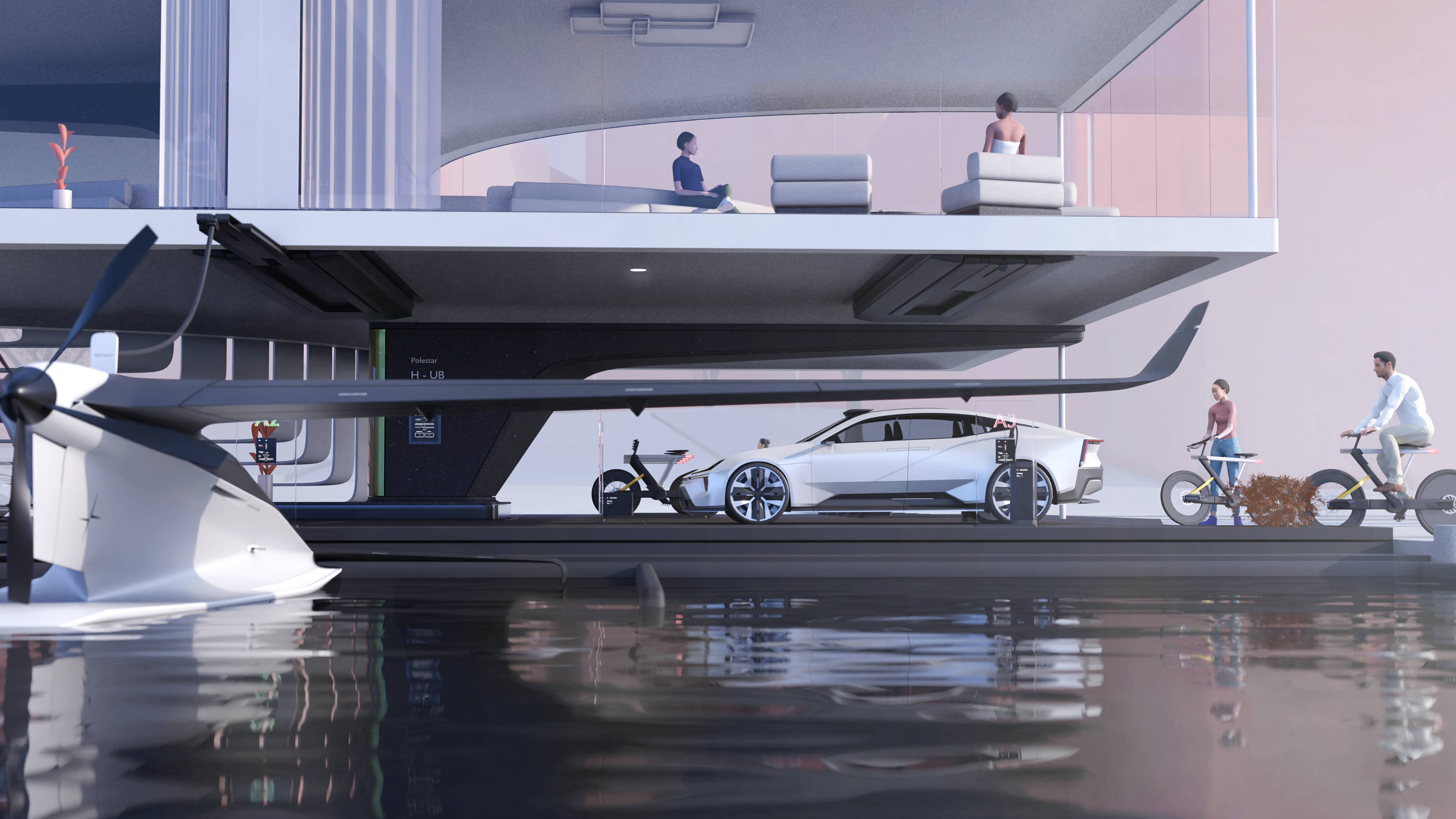
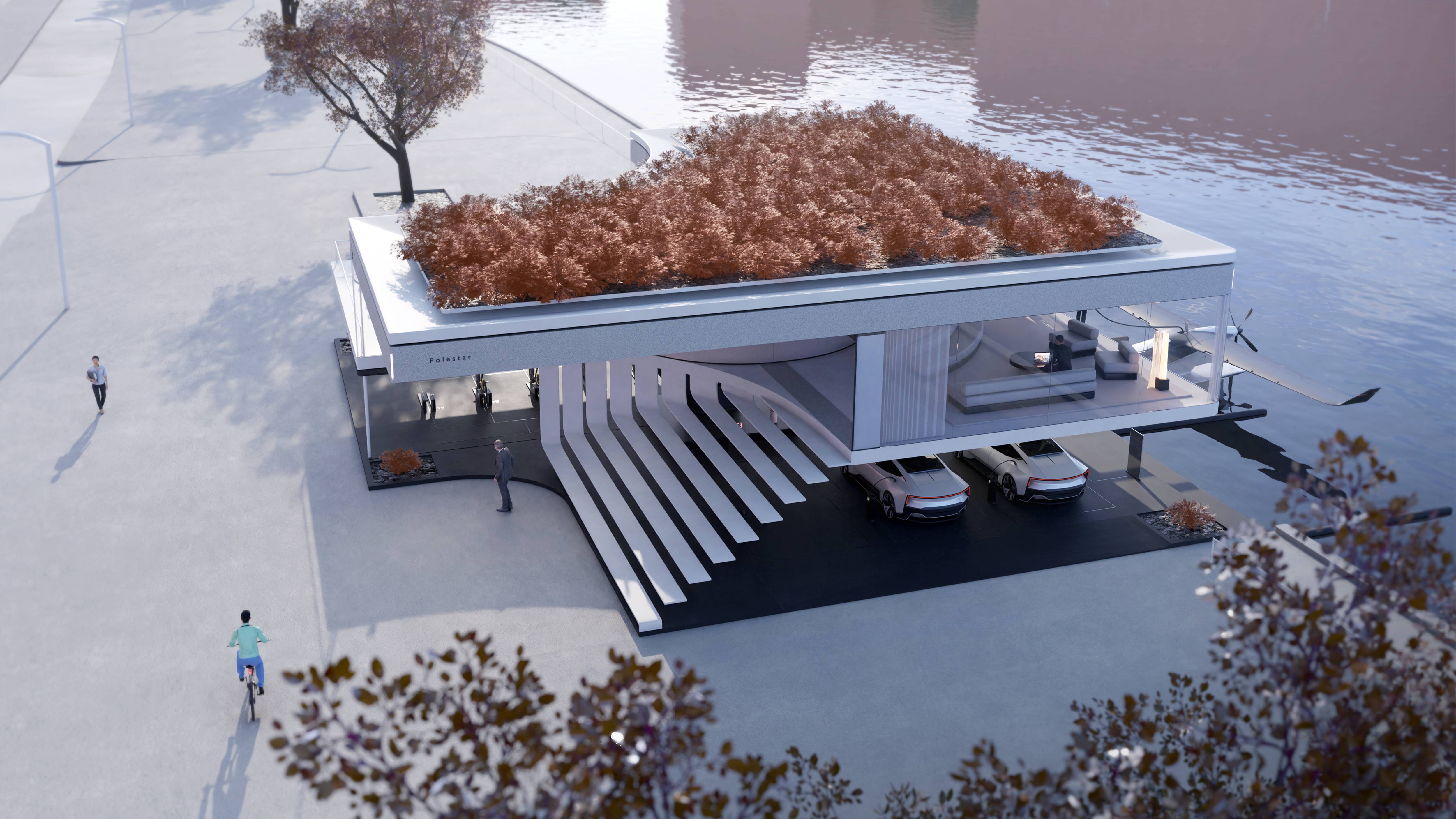
David Vultaggio’s Polestar H_UB is a vision of the garage of the near future, a sleek pavilion that doubles up as a brand destination while you’re charging your car. The designer not only incorporates the forthcoming Polestar Precept, but the company’s electric bicycle and even a hydrogen-powered Polestar seaplane. The structure is in line with the company’s strategy of creating welcoming, lounge-like spaces that transcend the banality of the traditional car dealer.
Student Winner: Mingwei Liu, China
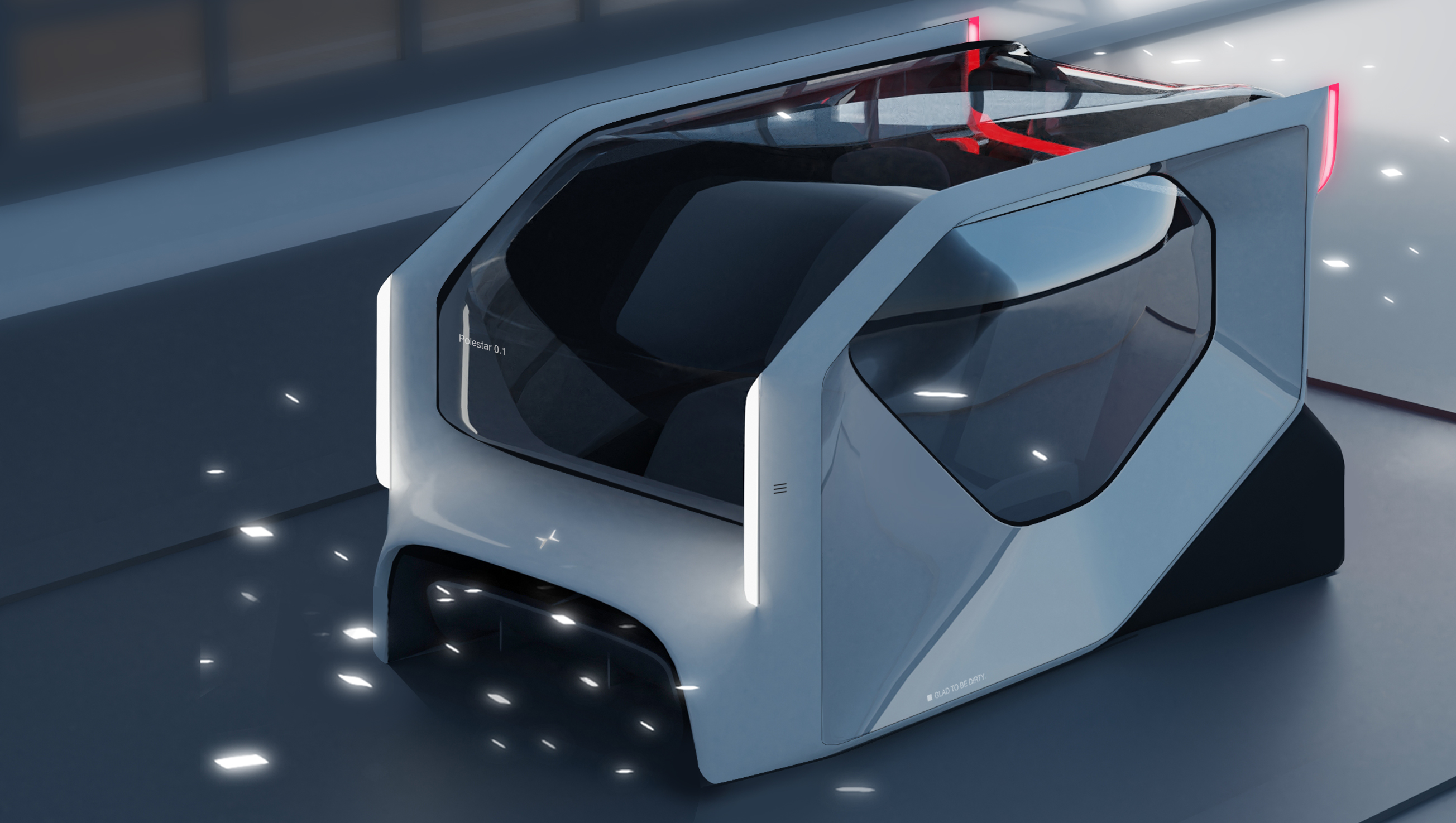
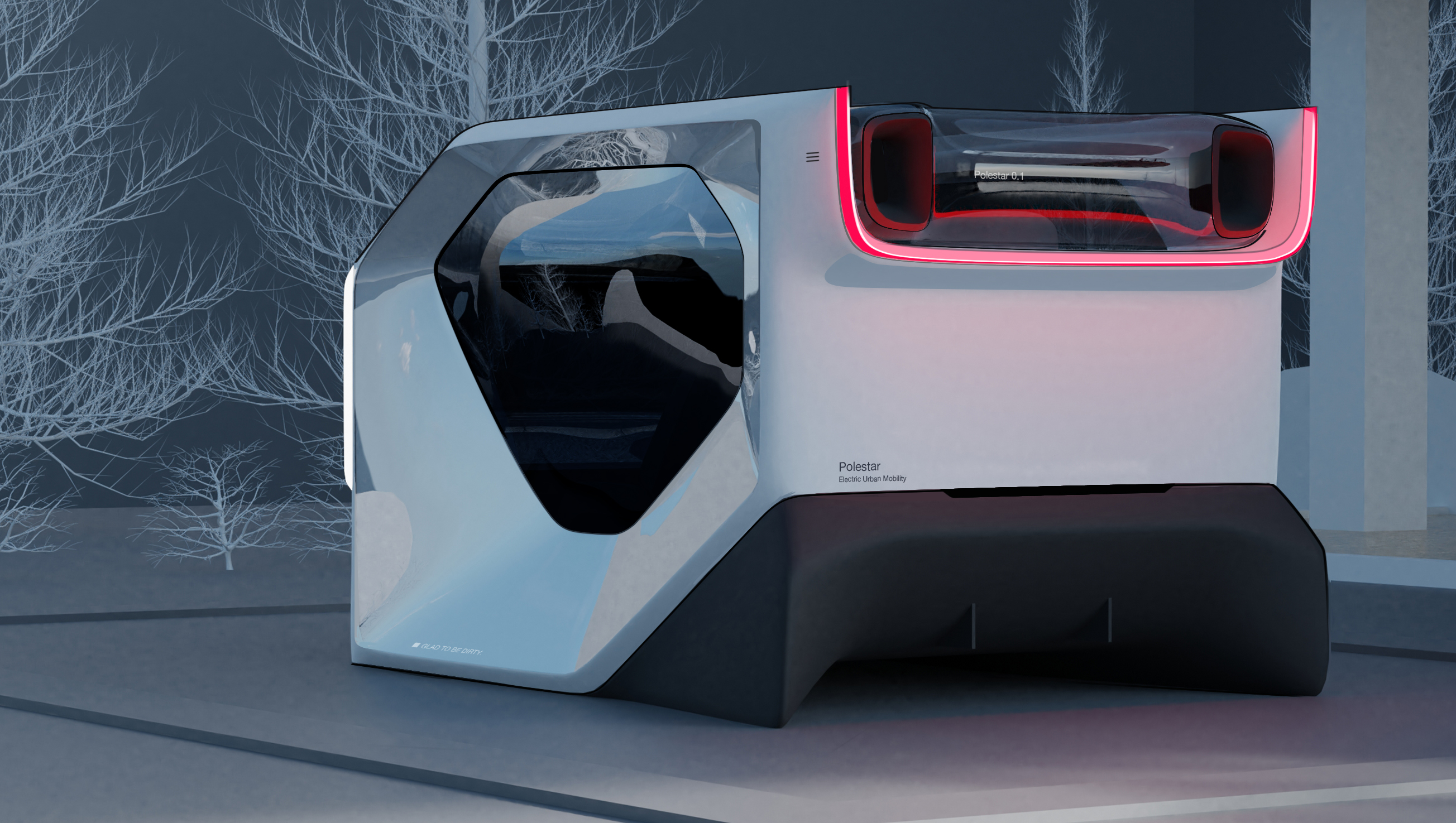
Mingwei Liu’s ‘Glad to be dirty’ concept is the only recognisably automotive winner. His vision is of a compact electric city car spliced with an on-board filter system that cleans the air as it goes. The idea is that users can feel proud of occupying a ‘dirty’ car – the visibly dirty filters a sign of air cleaned – while travelling in a compact but still recognisably Polestar-branded vehicle that takes up minimal space in the environment.
Honourable Mention: Kristian Talvitie, Finland
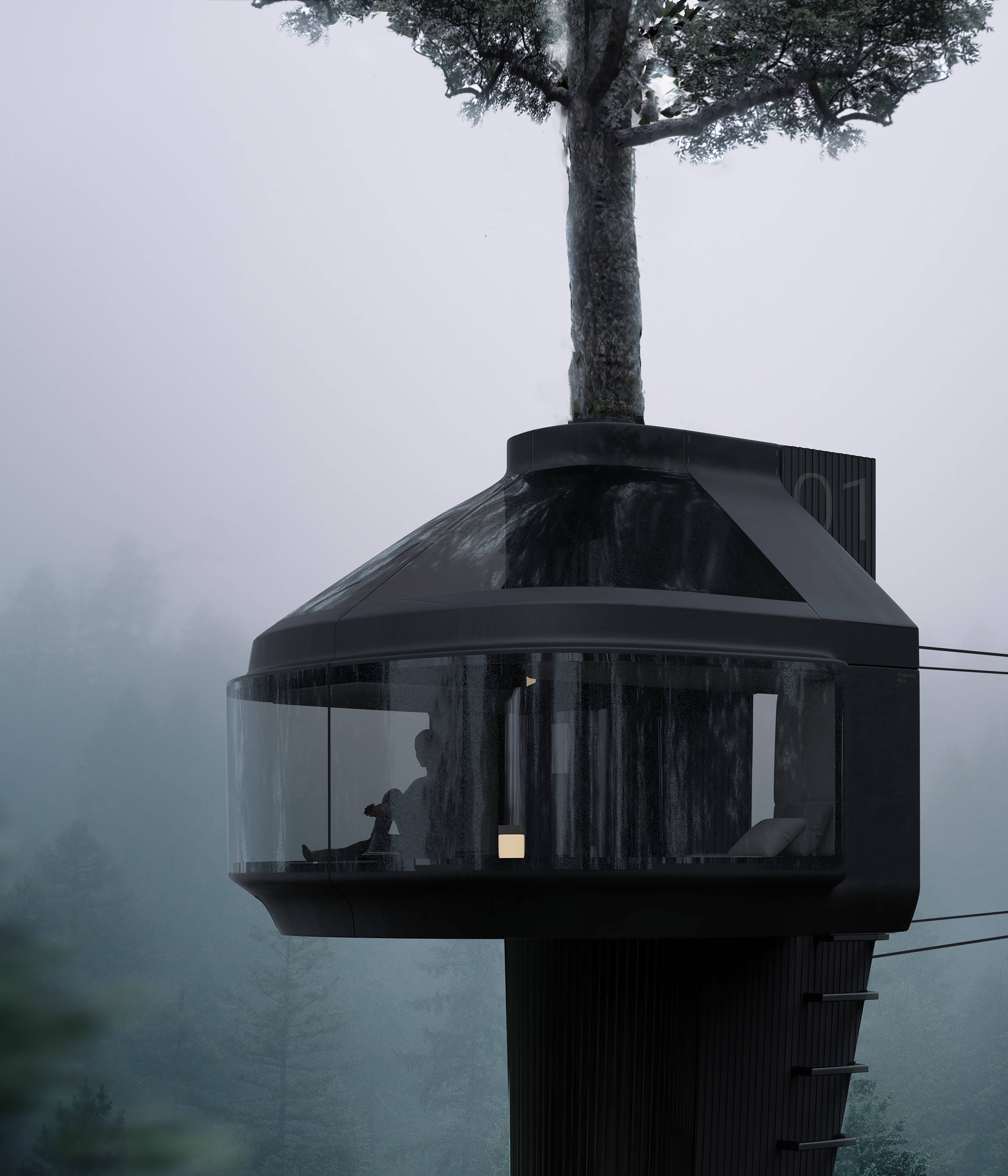
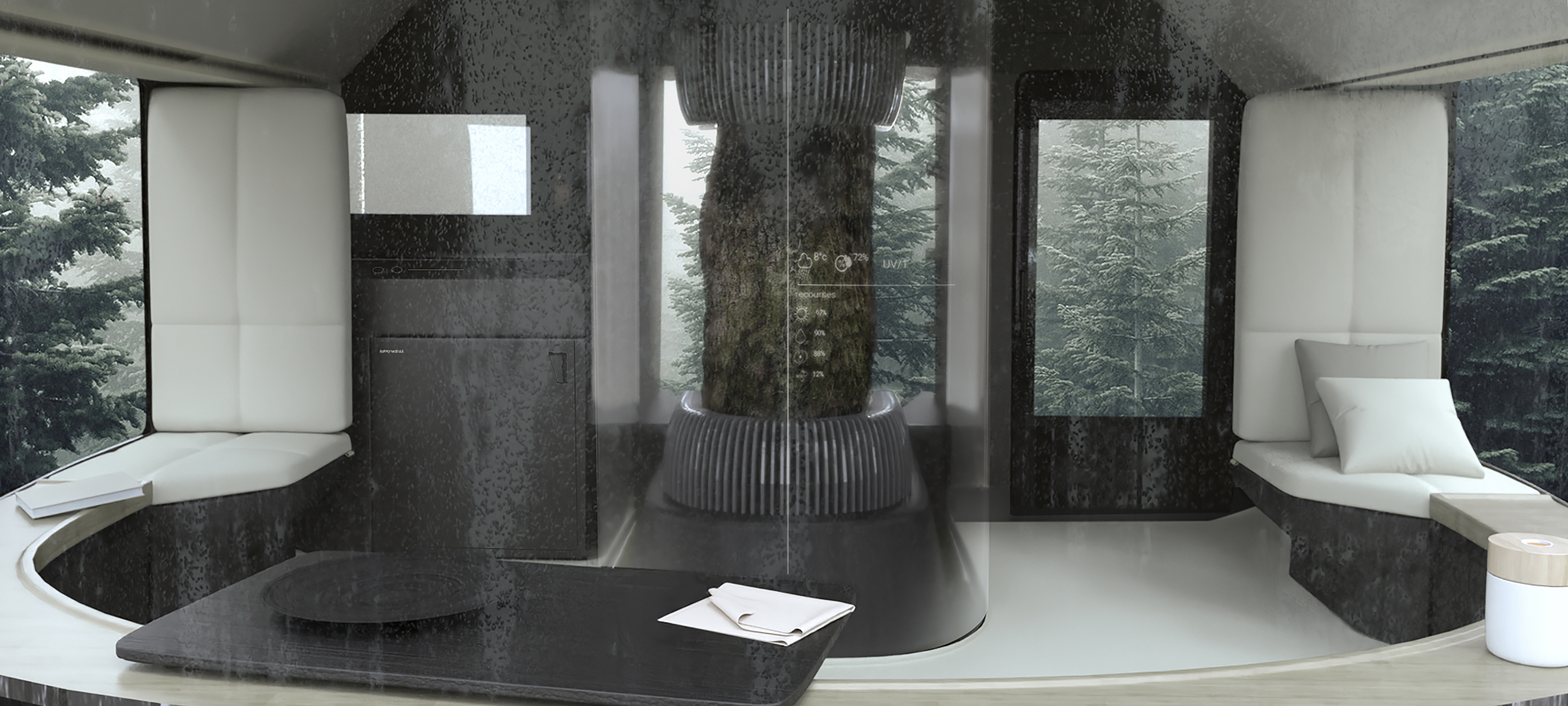
The judges also gave an honourable mention to Finnish designer Kristian Talvitie. ‘KOJA’ is a tiny, tree-hugging structure that’s designed to immerse its occupants in nature without expecting them to travel great distances. Talvitie’s vision is for a network of these space and resource-efficient retreats, giving everyone a chance to immerse themselves in nature with a minimal impact.
INFORMATION
Wallpaper* Newsletter
Receive our daily digest of inspiration, escapism and design stories from around the world direct to your inbox.
Jonathan Bell has written for Wallpaper* magazine since 1999, covering everything from architecture and transport design to books, tech and graphic design. He is now the magazine’s Transport and Technology Editor. Jonathan has written and edited 15 books, including Concept Car Design, 21st Century House, and The New Modern House. He is also the host of Wallpaper’s first podcast.
-
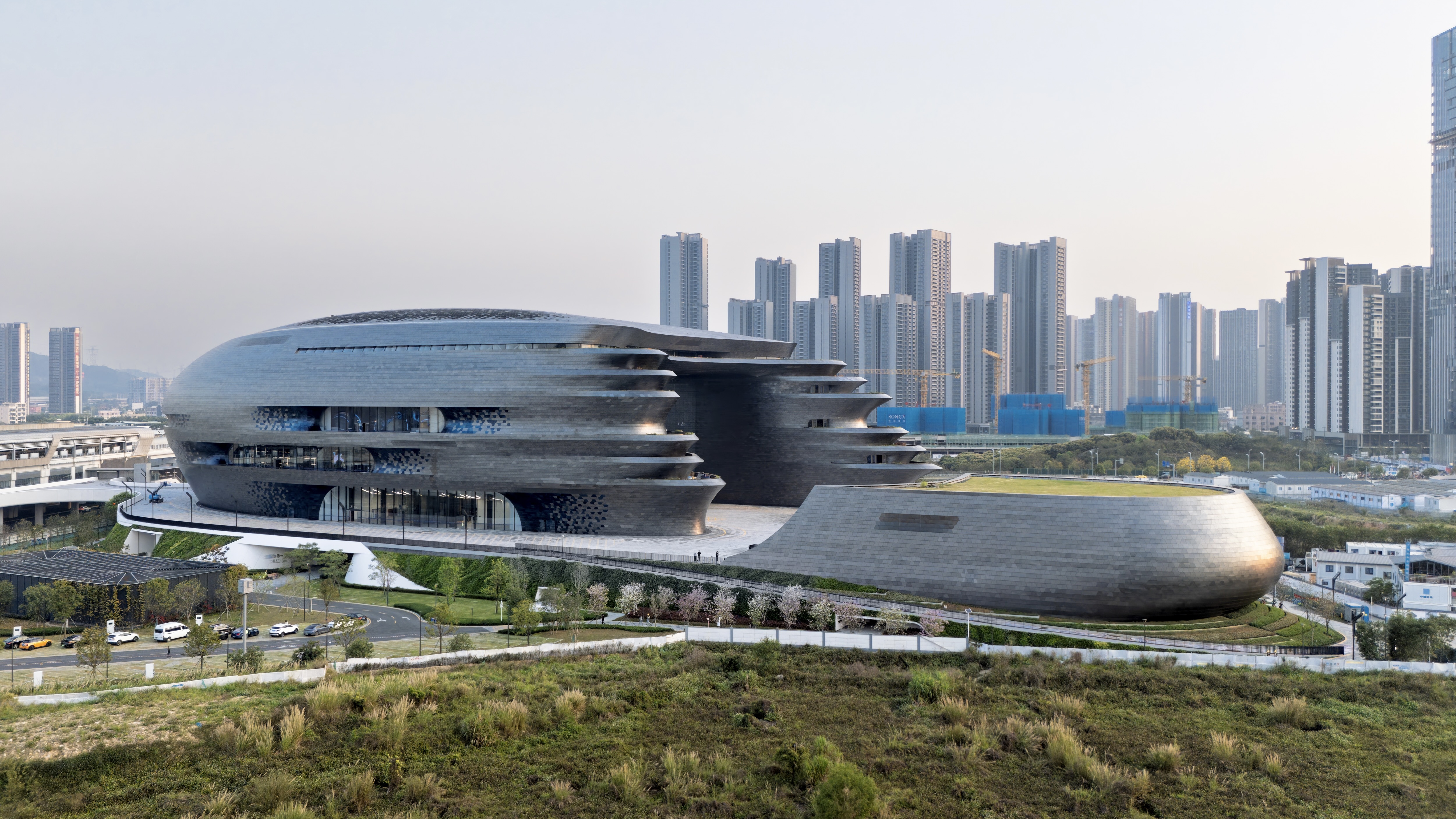 Zaha Hadid Architects’ spaceship-like Shenzhen Science and Technology Museum is now open
Zaha Hadid Architects’ spaceship-like Shenzhen Science and Technology Museum is now openLast week, ZHA announced the opening of its latest project: a museum in Shenzhen, China, dedicated to the power of technological advancements. It was only fitting, therefore, that the building design should embrace innovation
-
 ‘The work is an extension of myself’: Michaela Yearwood-Dan on her debut show at Hauser & Wirth
‘The work is an extension of myself’: Michaela Yearwood-Dan on her debut show at Hauser & WirthLondon-based artist Michaela Yearwood-Dan continues her rapid rise, unveiling monumental new paintings in ‘No Time for Despair’
-
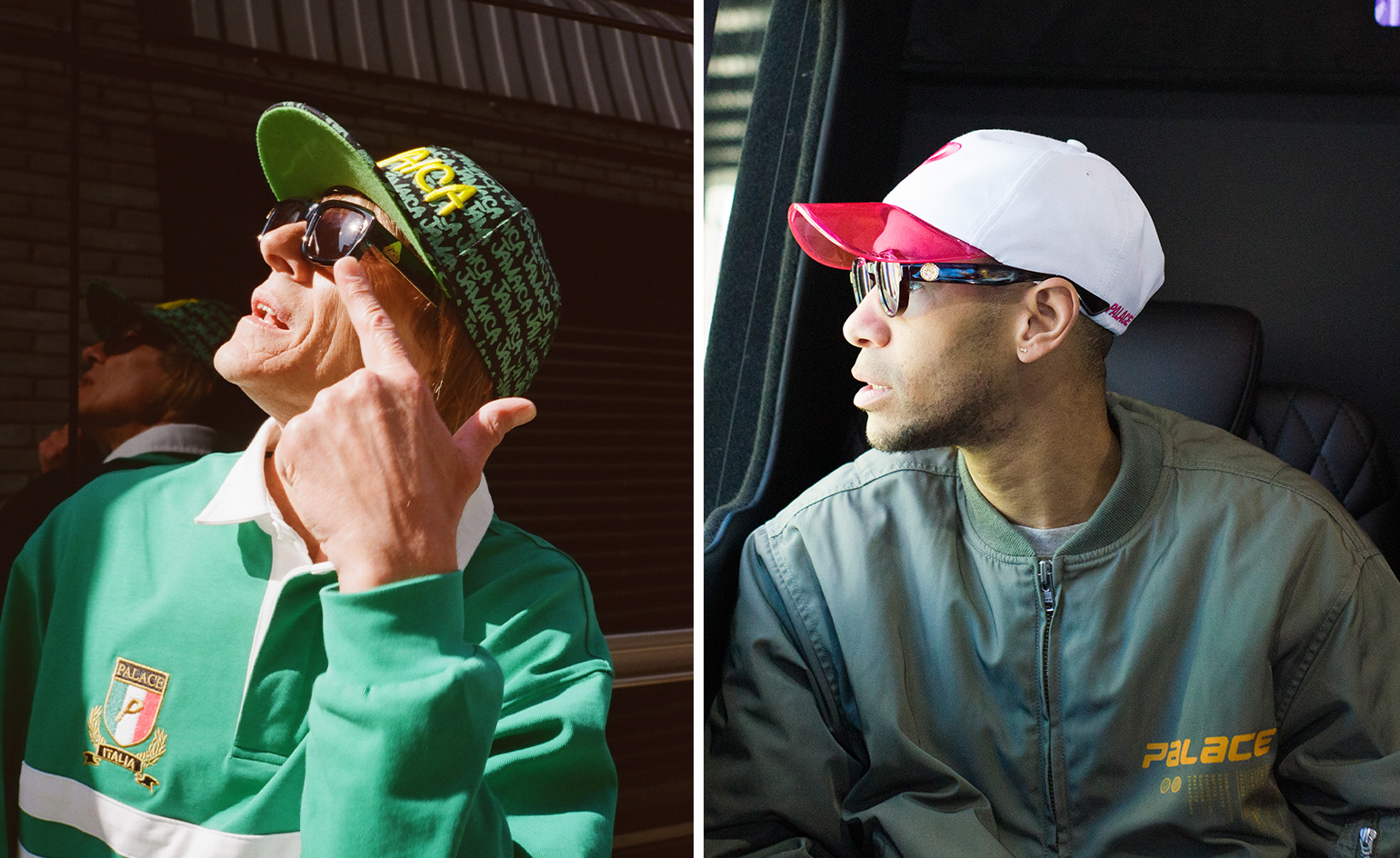 Palace’s collaboration with Cutler and Gross will be this summer’s most sought-after sunglasses
Palace’s collaboration with Cutler and Gross will be this summer’s most sought-after sunglassesPalace and Cutler and Gross make an early play for the sunglasses of the summer with their new collaboration, which comprises three retro-inflected styles (and a touch of 18-carat gold)